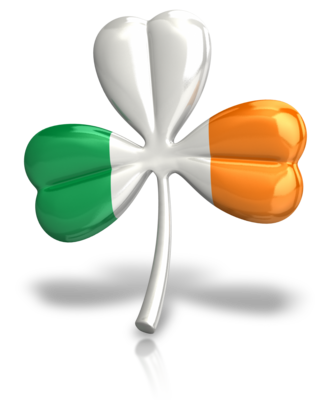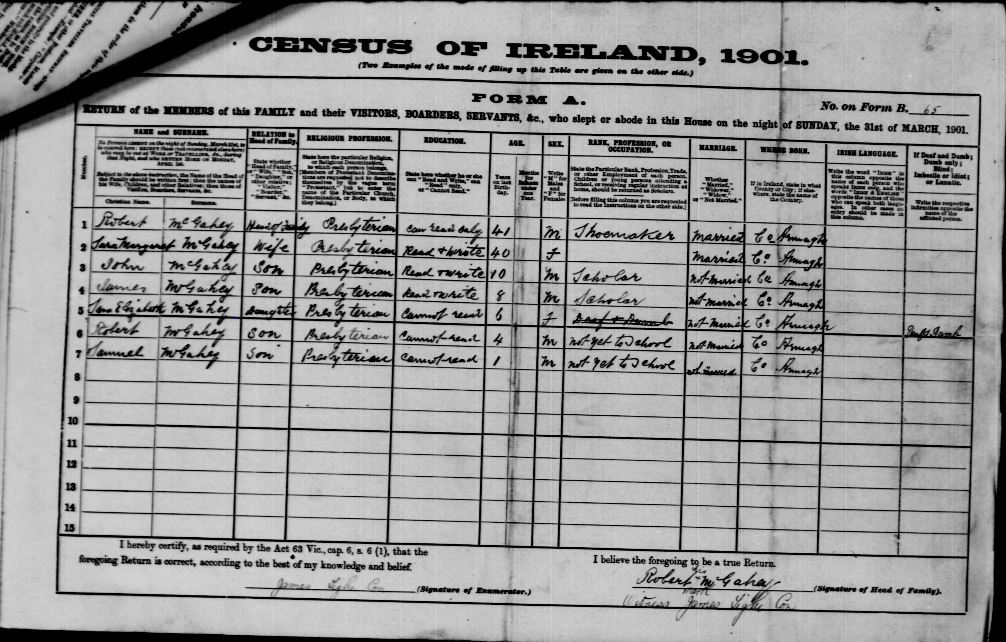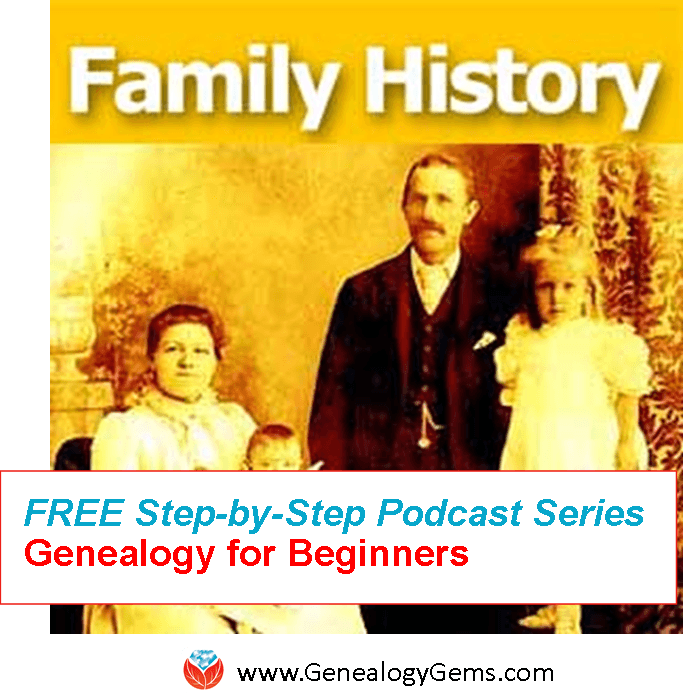by Lisa Cooke | Jan 29, 2015 | 01 What's New, Census, Findmypast, Irish, Records & databases
 Have you ever heard of the “Irish Reproductive Relief Fund?” That name made me wonder what it was all about (and I was totally wrong). It was actually a program ahead of its time, and its records can help you trace your hard-working, poverty-stricken Irish ancestors. The records are now online for the first time at Findmypast, along with a new, easier-to-search version of the 1911 Ireland census.
Have you ever heard of the “Irish Reproductive Relief Fund?” That name made me wonder what it was all about (and I was totally wrong). It was actually a program ahead of its time, and its records can help you trace your hard-working, poverty-stricken Irish ancestors. The records are now online for the first time at Findmypast, along with a new, easier-to-search version of the 1911 Ireland census.
“The Irish Reproductive Loan Fund was a privately funded micro credit scheme set up in 1824 to provide small loans to the ‘industrious poor’ – those most affected by poverty and famine,” says a press release from Findmypast.
“This collection of almost 700,000 records, which span the period of the Irish Potato Famine, provides unique insight into the lives of those living in Ireland during one of the darkest periods in its history. The handwritten ledgers and account books reveal the changing fortunes of Irish ancestors and their subsequent movements in Ireland and across the world. Now anyone can go online and research individuals and families to find out more about where they lived, their financial situation, their social status and more besides.”
Brian Donovan, Head of Irish Data and Business Development for Findmypast, said, “These incredibly important records provide an exceptional insight into the lives of the poor across the west of Ireland from Sligo down to Cork. The people recorded are precisely those who were most likely to suffer the worst of the Famine or be forced to emigrate. These remarkable records allow us to chart what happened to 690,000 people like this from the 1820s to the 1850s, giving a glimpse of their often heart breaking accounts of survival and destitution, misery and starvation. We are very lucky to be able to tell their stories.”
These new records complement an expansive collection of Irish records at Findmypast, including Irish Petty Sessions, Irish Prison Registers, Irish newspapers, Irish Births 1864-1958 and over 800,000 Irish marriages dating back to 1619.. Another new online Irish record collection is the Clare Electoral Registers, which include early female voters.
 Here’s a tip for Irish genealogy researchers from Findmypast: “The Ireland Census 1911 is an excellent starting point for anyone researching their Irish ancestors. Findmypast’s powerful search will for the first time allow family historians to search for more than one family member at the same time, helping to narrow down results, and by birth year and by spelling variations of a name – all making it easier than ever to trace Irish ancestors.”
Here’s a tip for Irish genealogy researchers from Findmypast: “The Ireland Census 1911 is an excellent starting point for anyone researching their Irish ancestors. Findmypast’s powerful search will for the first time allow family historians to search for more than one family member at the same time, helping to narrow down results, and by birth year and by spelling variations of a name – all making it easier than ever to trace Irish ancestors.”
by Lisa Cooke | May 26, 2014 | 01 What's New, Census, Irish
If you have Irish roots, you may already know that Ireland’s National Archives has put its national 1901 and 1911 censuses online–and it’s FREE. Recently,

Irish census, 1901, sample image from Irish Ancestors website.
they’ve added more searchable databases and linked images. Now you can also find:
- Census Records for 1901 and 1911,
- Census survivals for 1821-51,
- Census Search forms for 1841-51,
- Tithe Applotment Books from 1823 to 1837,
- Soldiers’ Wills from 1914 to 1917, and
- the Calendars of Wills and Administrations from 1858 to 1922.
TIP: Irish census records before 1901 are disappointingly sparse. Read more about it in this article in The Irish Times, which alerted us to the new material on the National Archives site.
by Lisa Cooke | Mar 4, 2014 | 01 What's New, Family History Podcast, Irish, Mobile, RootsMagic, Source Citation

Listen to the Family History: Genealogy Made Easy podcast by Lisa Louise Cooke. It’s a great series for learning the research ropes and well as refreshing your skills.
Originally published 2009. Republished March 4, 2014
[display_podcast]
Download the Show Notes for this Episode
Welcome to this step-by-step series for beginning genealogists—and more experienced ones who want to brush up or learn something new. I first ran this series in 2008-2009. So many people have asked about it, I’m bringing it back in weekly segments.
Episode 21: RootsMagic and Irish Genealogy
Lacey Cooke guest-hosts this double-feature episode on two big topics in family history: RootsMagic genealogy software and how to get started in Irish research.
In the first segment you’ll from Bruce Buzbee, president and founder of RootsMagic Genealogy Software. He talks about his industry-leading software, RootsMagic, which you can try in basic form for free (RootsMagic Essentials) or purchase with all the bells and whistles (totally worth it!) for $29.95.
And in our second segment you’ll hear from Judith Wight. This is a very timely conversation since we are soon to celebrate St. Patrick’s Day and Judith is a professional genealogist whose specialty (and personal passion) is Irish research. This is your chance to learn from a master about how to find those elusive Irish ancestors! Listen for her tips on finding Church of Ireland records, civil registrations, estate records and how history helps us understand gaps in the records.
More Irish Research Links!
Irish Genealogy
RootsIreland
by Lisa Cooke | Jun 18, 2013 | 01 What's New, FamilySearch, Irish, Records & databases
 If you’ve got Irish roots and haven’t started exploring them, check out Irish Genealogy, recently re-launched by Ireland’s Department of Arts, Heritage and the Gaeltacht. Beginners rejoice: you can read the site in English and there are helpful links on the lower left to introduce you to Irish research and records and to explain how the site works. You can search indexes to church records, the 1901 and 1911 census, tithe records, soldiers’ wills, the Ireland-Australia database and more.
If you’ve got Irish roots and haven’t started exploring them, check out Irish Genealogy, recently re-launched by Ireland’s Department of Arts, Heritage and the Gaeltacht. Beginners rejoice: you can read the site in English and there are helpful links on the lower left to introduce you to Irish research and records and to explain how the site works. You can search indexes to church records, the 1901 and 1911 census, tithe records, soldiers’ wills, the Ireland-Australia database and more.

Irish census, 1901, sample image from Irish Ancestors website.
According to Dick Eastman, the Irish government plans to put its own indexes to birth, death and marriage records (back to 1845) on the Irish Genealogy website. FamilySearch currently has an index to 23 million Irish Civil Registrations (1845-1958), which includes births, marriages and deaths, but excludes records for what became Northern Ireland after 1922. (They’ve also got lots of Irish court, tithe and prison records, too.)
It isn’t always easy to find your Irish ancestors–you may need to call on that proverbial Irish luck–but websites like these may very well be your own ancestral pot ‘o gold.
 Have you ever heard of the “Irish Reproductive Relief Fund?” That name made me wonder what it was all about (and I was totally wrong). It was actually a program ahead of its time, and its records can help you trace your hard-working, poverty-stricken Irish ancestors. The records are now online for the first time at Findmypast, along with a new, easier-to-search version of the 1911 Ireland census.
Have you ever heard of the “Irish Reproductive Relief Fund?” That name made me wonder what it was all about (and I was totally wrong). It was actually a program ahead of its time, and its records can help you trace your hard-working, poverty-stricken Irish ancestors. The records are now online for the first time at Findmypast, along with a new, easier-to-search version of the 1911 Ireland census. Here’s a tip for Irish genealogy researchers from Findmypast: “The Ireland Census 1911 is an excellent starting point for anyone researching their Irish ancestors. Findmypast’s powerful search will for the first time allow family historians to search for more than one family member at the same time, helping to narrow down results, and by birth year and by spelling variations of a name – all making it easier than ever to trace Irish ancestors.”
Here’s a tip for Irish genealogy researchers from Findmypast: “The Ireland Census 1911 is an excellent starting point for anyone researching their Irish ancestors. Findmypast’s powerful search will for the first time allow family historians to search for more than one family member at the same time, helping to narrow down results, and by birth year and by spelling variations of a name – all making it easier than ever to trace Irish ancestors.”





